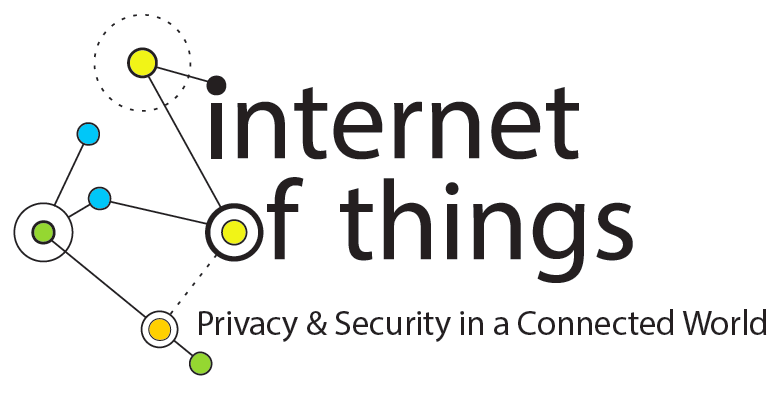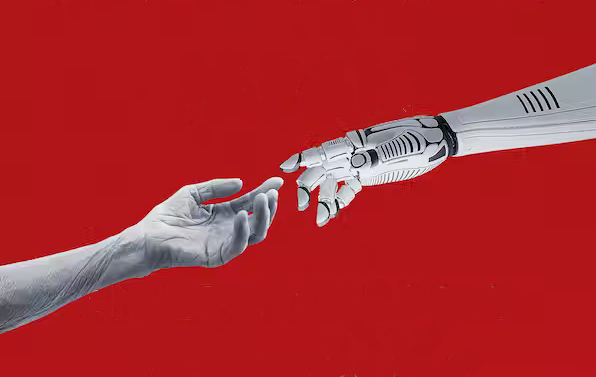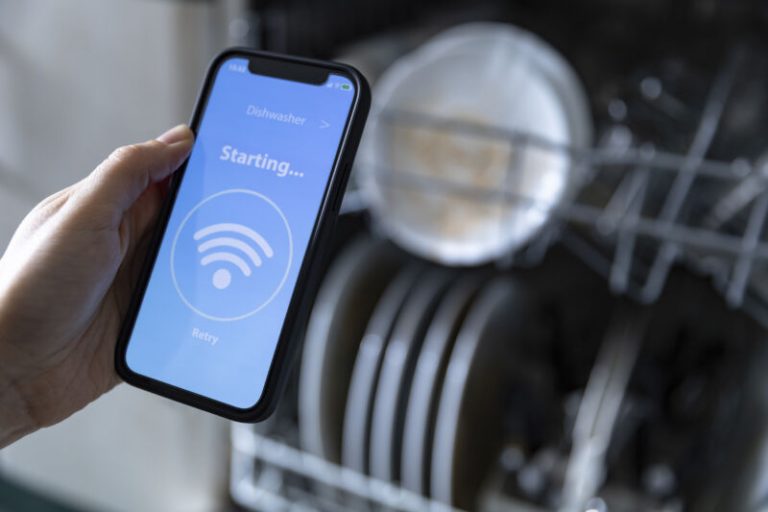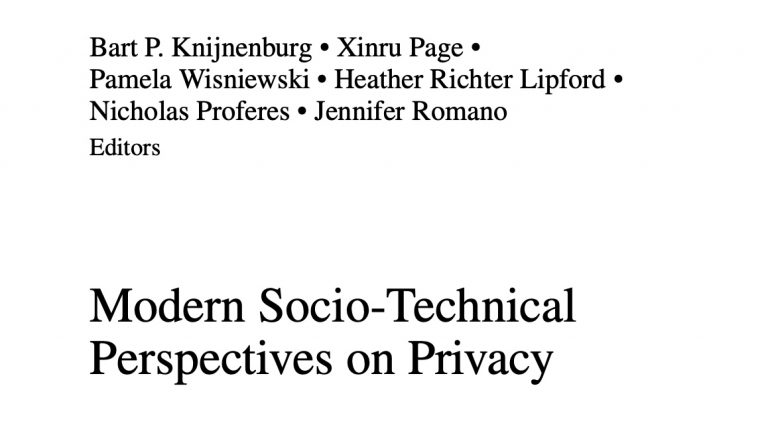Will the internet of things finally kill privacy?

The journalist Hamza Shaban is concerned by the contents of a new US Federal Communications Commission report that probes the privacy implications of connected devices:
“That the pervasive collection of information from within our homes might create automated forms of profiling, discrimination, and exploitation seems, to the commission, merely secondary to reassuring strategic business interests.”
So he discussed the challenges posed by connected objects to consumers and society with a number of experts, including David Rose, CEO of Ditto Labs and a researcher at MIT Media Lab, and Pam Dixon, the executive director of the World Privacy Forum, and Scott Peppet, a professor at the University of Colorado School of Law.
He concludes:
“The FTC has to nod pleasantly to the industries it regulates. But the internet of things has dragged the agency into unfamiliar territory. Deference to industry in the absence of any true data privacy rules represents a judgment that market efficiency is more important than potential social harm. The internet of things may very well generate profound convenience, improved quality of life, and perhaps even wonder! But it may also render old prejudices invisible, sorting and ranking and pricing us not just by who we are but how we behave in our most intimate spaces. What stories will be told by the accumulated whispers of inanimate objects? The benefits of enriched datasets may be obvious. The costs, however, are not.”



